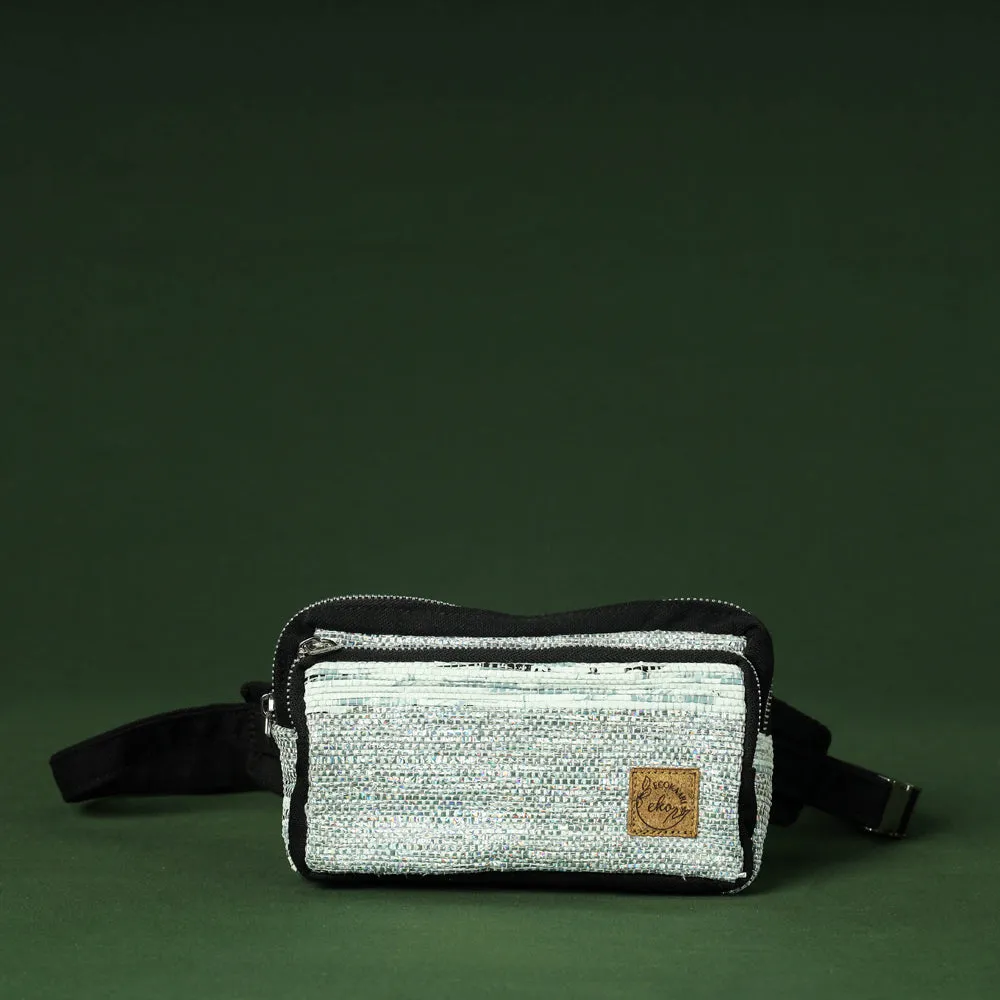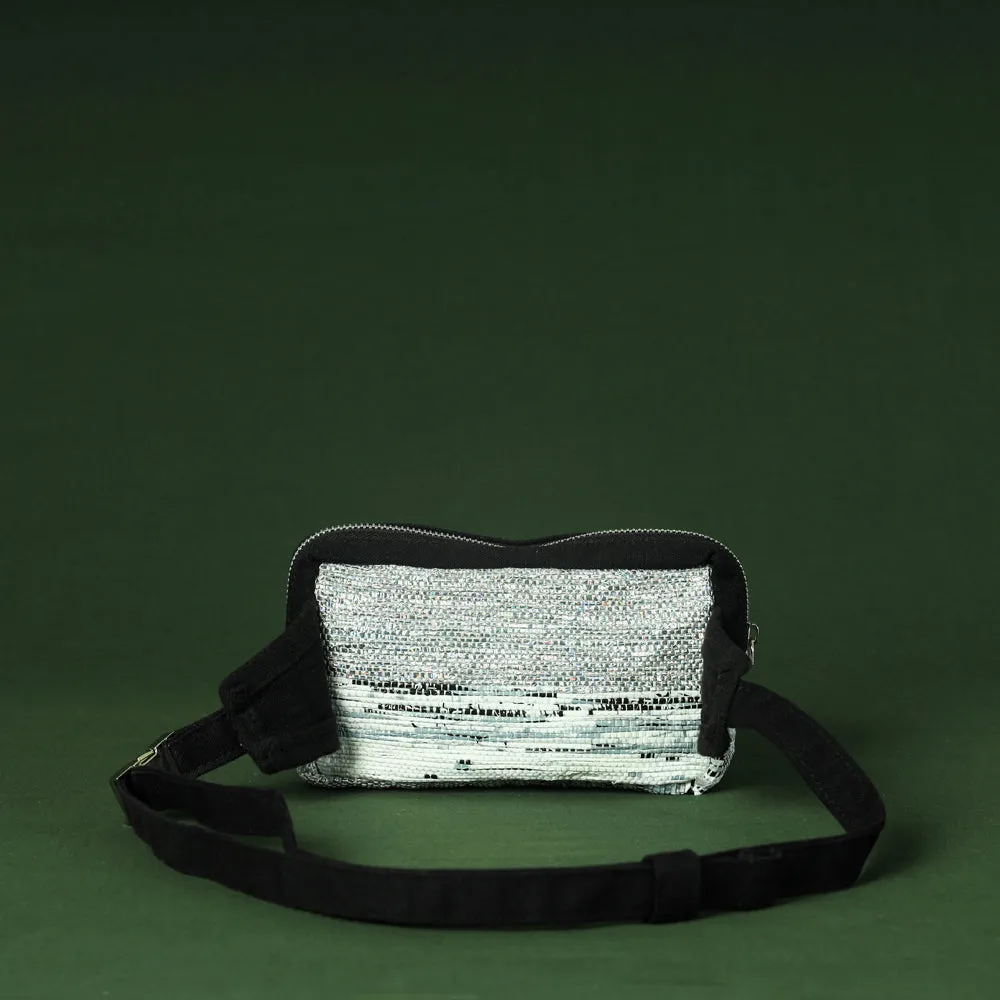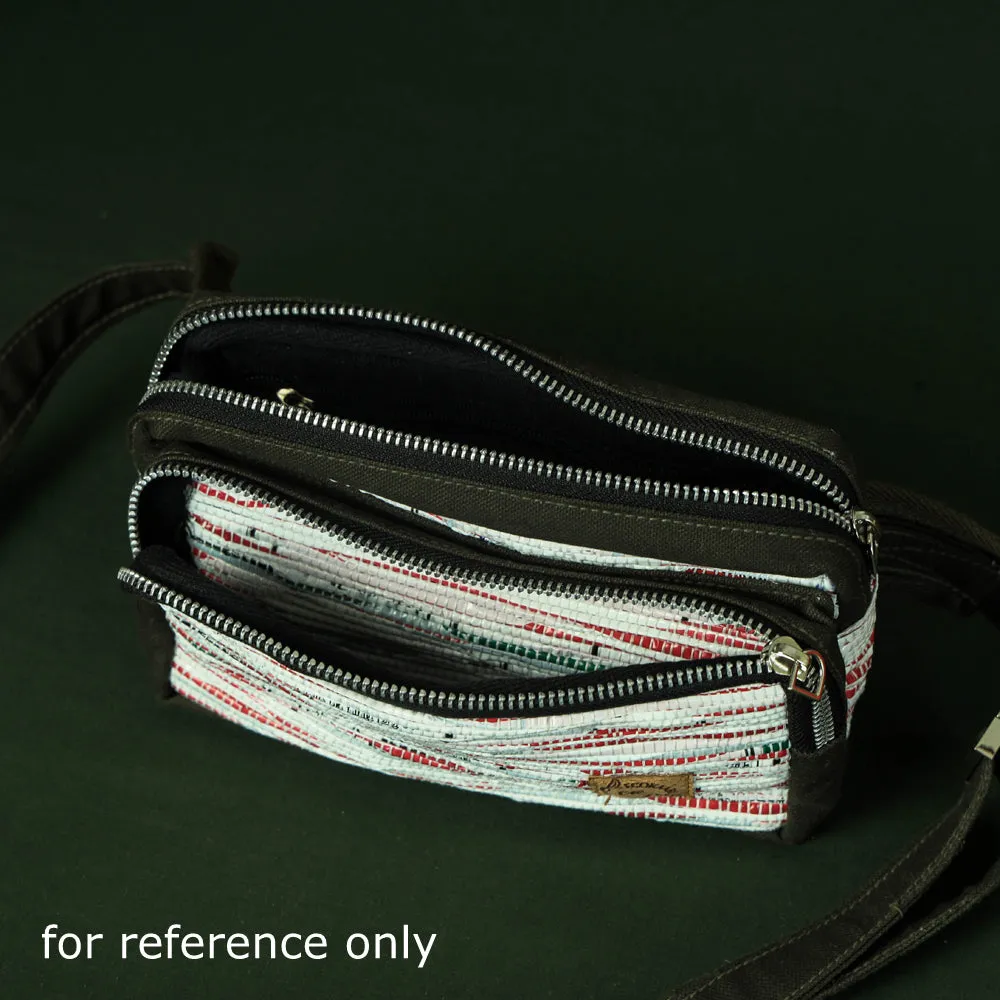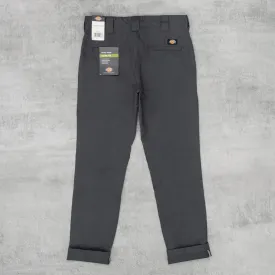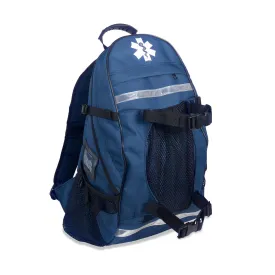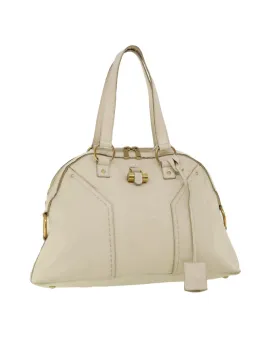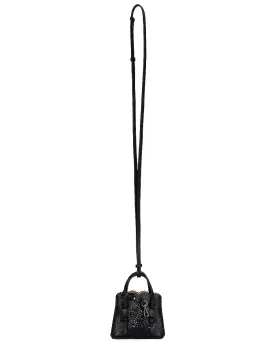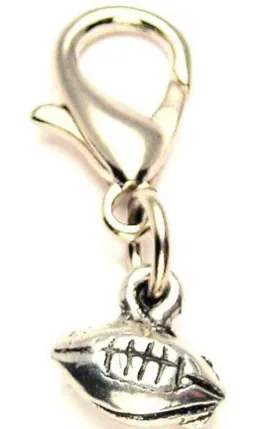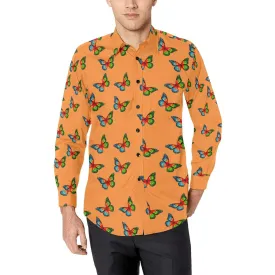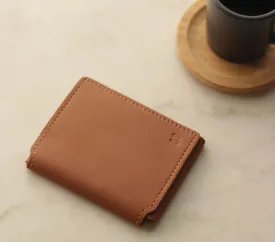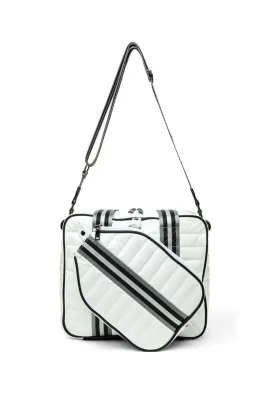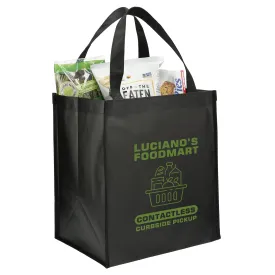| Ready stock. It can be delivered within 3-5 days. | |
| Size | Length - 20 centimetres, Width - 5.5 centimetres, Height - 12 centimetres, Strap Length - 88 centimetres. (Zipper lock main closure) |
| Weight | 190 grams (approximately). |
| Material | Upcycled plastic weave handmade fanny pack/ waist bag by Ecokaari. It has two compartments & one zipper pocket inside. This Fanny Pack is sleek, roomy belt bag that can be worn crossbody or around your waist. It’s comfortable, adjustable, fits your daily carry from wallets to keys to phones, and even a 35mm camera and can be adjusted just as you please! Our unique process of Upcycling uses a traditional Charkha & Handloom to weave a fabric from all the waste plastic that we've gathered. At first we collect waste plastic bags sanitize & sundried them. Then master artisans of Ecokaari manually cut plastic bags into strips. Then rolled on a traditional Charkha and woven into a fabric on a handloom. After woven into fabric it stitched in required designs to make products. |
| Care | Gentle hand wash separately in cold water with mild/liquid detergents recommended. |
| Colour | Slight difference in colour from the visible product image is possible. . |
| Brand |
‘Eco’ means Eco-friendly, and ‘Kaari’ means Kaarigar (Artisan). EcoKaari is a social enterprise, born from an ardent desire of the team, to create a community where the bottom-up development is the key to achieve better living for all beings in a sustainable way. EcoKaari upcycles waste plastic into beautiful handcrafted fabrics using Charkha (spindle) and Handloom. These fabrics are handcrafted by women and youth who belongs to humble backgrounds. We aim to innovate and present sustainable alternatives by pairing traditional Indian crafts with our upcycled-handcrafted fabrics with contemporary designs. Our logo represents the relationship between the Artisans and Environment. They both are interconnected and interdependent. India’s handicraft heritage has always drawn inspiration from the environment. Mother Earth has always been an integral part of our lives. Traditionally, our craft techniques always believed in upcycling, material optimisation, and waste minimisation many millennia ago |




